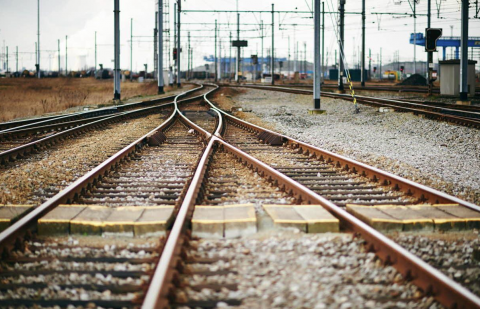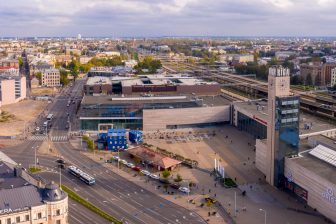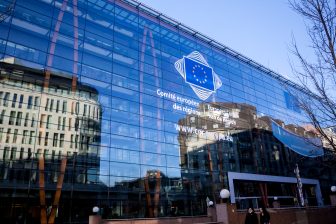
‘SNCB and Infrabel should not be reunited’
The two Belgian state-owned railway companies, SNCB and Infrabel, may be joined into a single company. The first being a passenger railway firm while the other an infrastructure manager, the proposed union has sparked fierce criticism.
Last month the Belgian minister of Transport, Mr François Bellot suggested that the two companies he is responsible for as a minister should be merged. Being a single company before, he spoke of a much-needed reunion as ‘the division model of SNCB and Infrabel has come to an end’.
The minister referred to their inability to agree in a report of the Belgian news site RTBF. “What is happening today is evidence that they have different goals. They constantly blame each other. This is not a solution.” Indeed, the two companies are in dispute over the method of doing upgrade works on the track, which is desirably done with limited interference of the railway traffic.
Not a solution
However, railway interest group ERFA does not see the potential added benefits of such a proposal. “ERFA does not believe such a model will resolve conflicts related to contingency measures or support the customer focused services that both passengers and businesses desire. Such a proposal is in conflict with the Single European Railway Area Directive which requires the independence of railway undertakings and infrastructure managers. The existence of an independent infrastructure manager is essential for the freight sector, which is confronted with competition with other transport modes.”
“The climate challenge calls for strong growth of rail freight whilst also balancing the need to increase passenger traffic on a limited infrastructure network”, ERFA added. “This means that any governance change has to be impartial and conceived taking into account the interest of the two types of traffic. Vertical re-integration could have a negative impact on competition within the rail freight market, which is vital to improve efficiency, quality of offer and to attract private sector investment.





